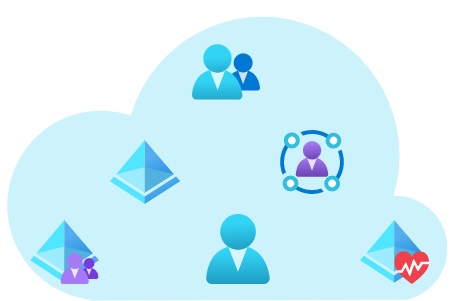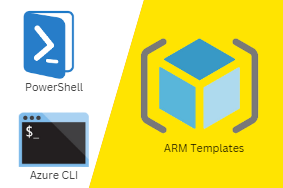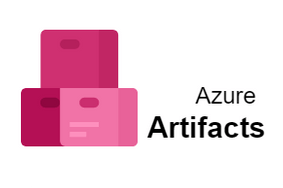Microsoft Azure is a Microsoft’s public cloud computing platform. It provides a range of cloud services, including compute, analytics, storage and networking. Users can pick and choose from these services to develop and scale new applications, or run existing applications in the public cloud.
The Azure platform aims to help businesses manage challenges and meet their organizational goals. It offers tools that support all industries including e-commerce, finance and a variety of Fortune 500 companies and is compatible with open source technologies. This provides users with the flexibility to use their preferred tools and technologies.
Azure offers 4 different forms of cloud computing:
Infrastructure as a service (IaaS)
Platform as a service (PaaS)
Software as a service (SaaS)
Serverless
Microsoft charges for Azure on a pay-as-you-go basis, meaning subscribers receive a bill each month that only charges them for the specific resources they have used.
Azure products and services:
Microsoft sorts Azure cloud services into categories, including:
Compute
Azure compute is an on-demand computing service for running cloud-based applications. It provides computing resources like multi-core processors and supercomputers via virtual machines and containers. It also provides serverless computing to run apps without requiring infrastructure setup or configuration.


Mobile
These products help developers build cloud applications for mobile devices, providing notification services, support for back-end tasks, tools for building application program interfaces (APIs) and the ability to couple geospatial context with data.
Web
These services support the development and deployment of web applications. They also offer features for search, content delivery, API management, notification and reporting.


Storage
These services provides scalable cloud storage for structured and unstructured data. It also supports big data projects, persistent storage and archival storage.
Analytics
These services provide distributed analytics and storage, as well as features for real-time analytics, big data analytics, data lakes, machine learning (ML), business intelligence (BI), internet of things (IoT) data streams and data warehousing.


Networking
This group includes virtual networks, dedicated connections and gateways, as well as services for traffic management and diagnostics, load balancing, DNS hosting and network protection against distributed denial-of-service attacks.
Media and content delivery network (CDN)
These CDN services include on-demand streaming, digital rights protection, encoding and media playback and indexing.


Integration
These are services for server backup, site recovery and connecting private and public clouds.
Identity
These offerings ensure only authorized users can access Azure services and help protect encryption keys and other sensitive information in the cloud. Services include support for Azure Active Directory and multifactor authentication (MFA).


Internet of Things
These services help users capture, monitor and analyze IoT data from sensors and other devices. Services include notifications, analytics, monitoring and support for coding and execution.
DevOps
This group provides project and collaboration tools, such as Azure DevOps formerly Visual Studio Team Services, that facilitate DevOps software development processes. It also offers features for application diagnostics, DevOps tool integrations and test labs for build tests and experimentation.


Development
These services help application developers share code, test applications and track potential issues. Azure supports a range of application programming languages, including JavaScript, Python, .NET and Node.js. Tools in this category also include support for Azure DevOps, software development kits (SDKs) and blockchain.



0 Comments